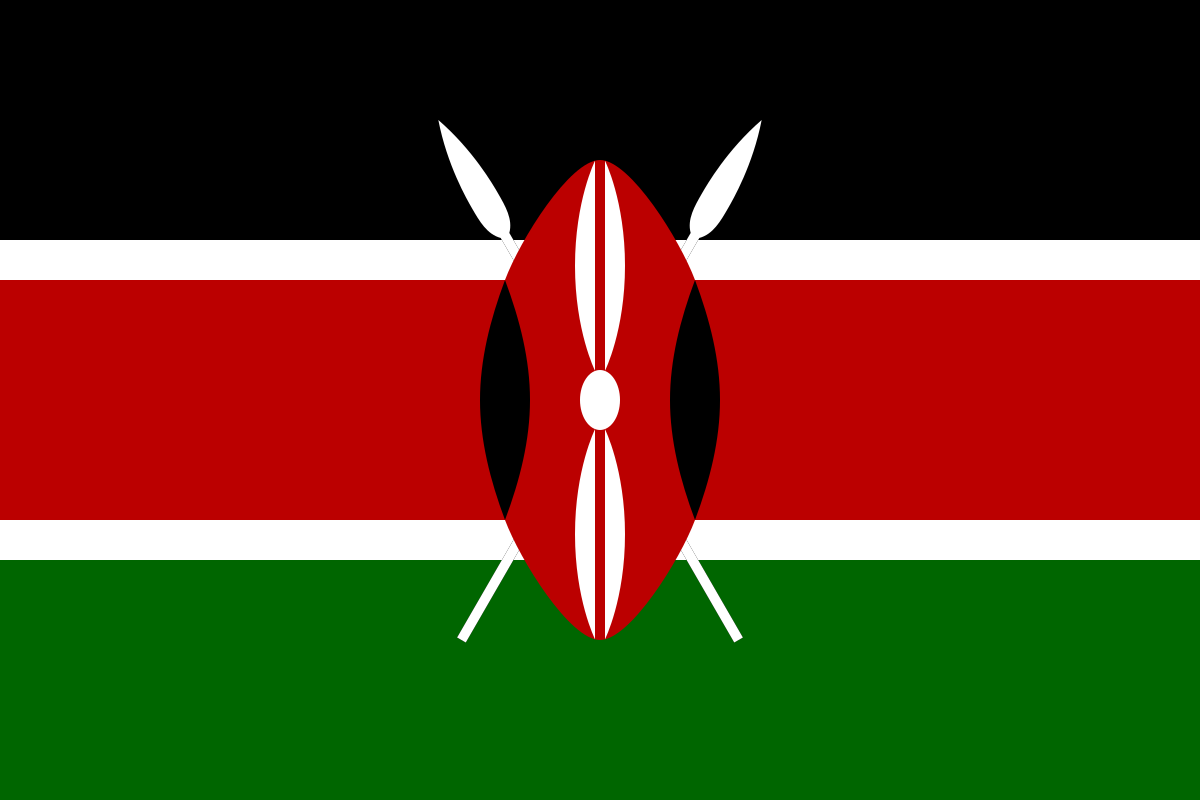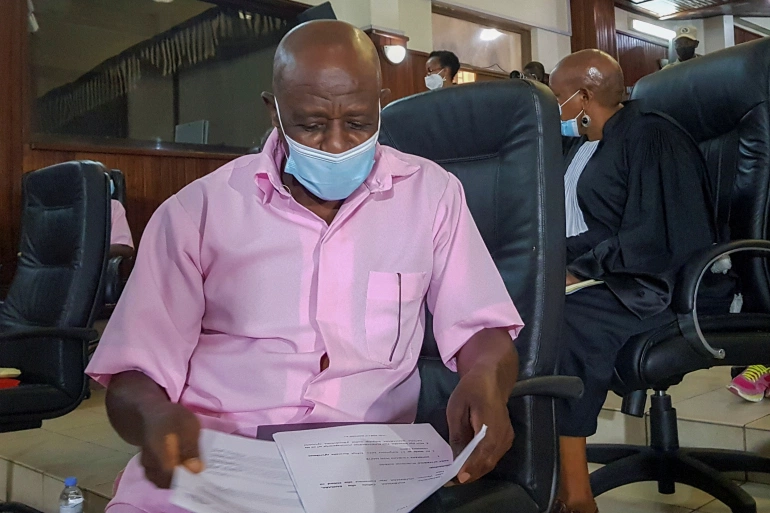NAIROBI, Kenya, September 21, 2021/APO Group/ -- High Commissioner of Sri Lanka to Kenya Velupillai Kananathan called on the Kenyan Foreign Minister Ambassador Raychelle Omamo in Nairobi, on 15 September, 2021.
At the outset, the Foreign Minister highlighted the growing relations between the two countries and thanked the High Commissioner for injecting new dynamism and creating a momentum in the relations between Kenya and Sri Lanka through various activities and engagements. Foreign Minister Omamo said that Kenya and Sri Lanka are enjoying more than five decades of friendly relations which proved the natural synergy between the two countries for greater bilateral cooperation.
High Commissioner Kananathan emphasized that the recent air connectivity between Colombo and Nairobi by the Sri Lankan Airlines was the turning point in bringing the two countries physically close to deepen the bilateral cooperation. The High Commissioner briefed the Foreign Minister on the ongoing vibrant vaccination drive in Sri Lanka under the direct guidance of the President Gotabaya Rajapaksa to inoculate the entire population in the shortest possible time. He further opined that with the successful eradication of COVID-19, the air connectivity will enable trade, investment, tourism, people and people contact to gradually increase between the two countries. As regards the cooperation at multilateral forums, High Commissioner Kananathan added that the two countries should continue to work together at multilateral forums for the mutual benefit of the countries. Foreign Minister Omamo responded by reassuring of Kenya’ s support to continue the existing effective cooperation between Kenya and Sri Lanka at international and regional forums including in the United Nations and its agencies, Commonwealth, NAM, Indian Ocean Rim Association (IORA) etc.
Both the Foreign Minister and the High Commissioner agreed to activate the bilateral mechanisms to broad-base the relations into diverse areas of cooperation. High Commissioner Kananathan said that we are blessed to have Kenya as our good friend and Sri Lanka will always remain your true friend. Sri Lanka appreciates the great ties between Sri Lanka and Kenya.
Minister Omamo thanked High Commissioner Kananathan for sustaining this partnership and for continuing on the firm foundation between the two nations. Towards that end, Foreign Minister Omamo reassured the High Commissioner the unwavering support of Foreign Ministry and all other Kenyan government and private institutions. - Distributed by APO Group on behalf of Ministry of Foreign Affairs - Sri Lanka




![Paul Rusesabagina, 67, was arrested last year on arrival from Dubai after what he described as a kidnapping by Rwandan authorities [File: Clement Uwiringiyimana/Reuters]](https://www.aljazeera.com/wp-content/uploads/2021/02/2021-02-26T064738Z_1745909936_RC260M9B3KZU_RTRMADP_3_RWANDA-POLITICS.jpg?resize=770%2C513)




